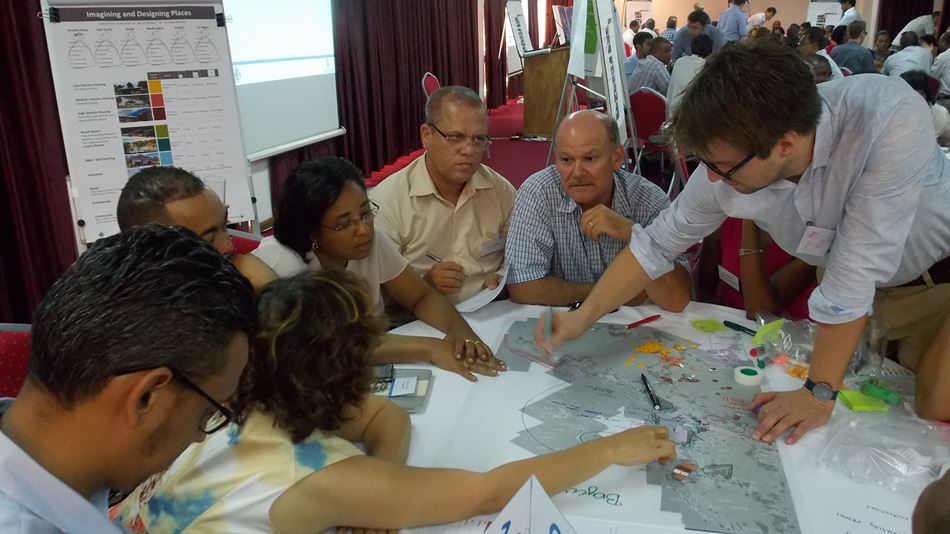(3 minutes read)
The African Development Bank (AfDB) is lending the Seychelles government USD 33 million to finance the energy transition and the circular economy. This has been committed seven months prior to the assessment of the country’s sustainable development policies.
Seychelles is making slow but steady progress in implementing the 17 Sustainable Development Goals (SDGs). The Board of Directors of the African Development Bank (AfDB) Group has just approved a loan of 33 million dollars to support the inclusive and green growth of the 107,000 Seychellois.
The funding will be used, for example, to implement the Governance and Economic Reform Support Programme (GERSP) launched in 2021. Its third phase aims to strengthen the economic resilience of the population in the face of climate change affecting the 115 islands of the archipelago in the Indian Ocean. The AfDB’s support will focus primarily on financing the energy transition and the circular economy.
The first step will be to carry out reforms to remove constraints linked to the business environment. The aim is to enable local small and medium-sized enterprises (SMEs) to participate more effectively in international trade while encouraging the production of clean energy and better waste management practices.
Read Also:
https://trendsnafrica.com/seychelles-cruse-village-to-promote-sustainable-tourism/
https://trendsnafrica.com/seychelles-joins-the-ocean-panel-to-strengthen-sustainable-ocean-economy/
This package will enable Seychelles to move forward with its ambition to decarbonise road traffic by 2030. In 2022, the government of this country announced that it would be introducing 22 electric buses into the fleet of the Seychelles Public Transport Corporation (SPTC). These vehicles, which will be used mainly in the capital Victoria, will help to reduce the 95% of CO2 emissions generated by the combustion of fuels for electricity and transport, according to official figures.





